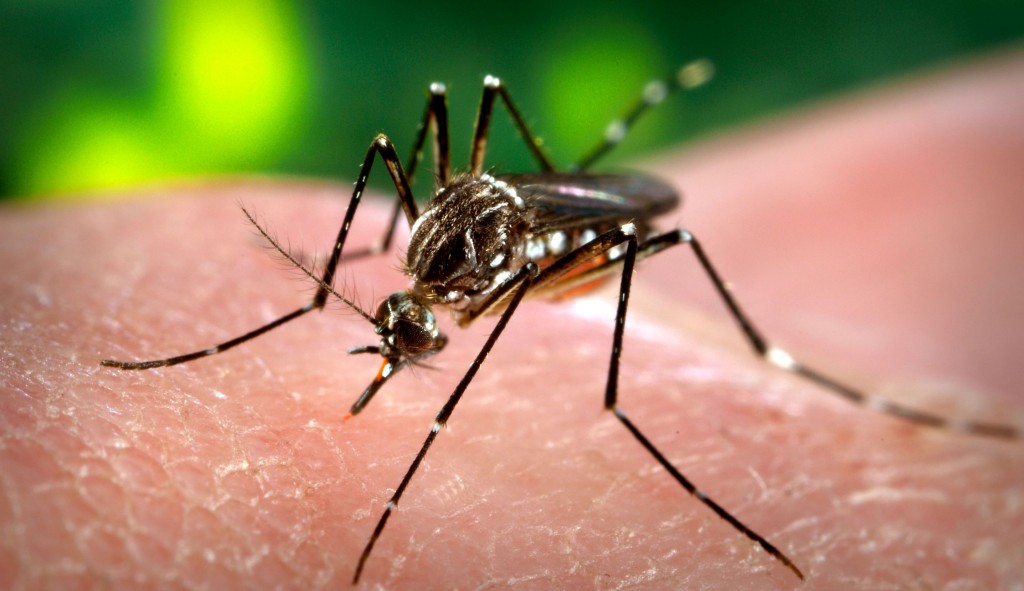Precautions You Should Take to Help Avoid Dengue This Season

Dengue fever is a mosquito-borne viral disease that affects millions of people worldwide every year. With the arrival of the dengue season, it is crucial to take necessary precautions to protect yourself and your loved ones from this potentially life-threatening illness. In this blog, we will discuss some essential precautions you should take to help avoid dengue and minimize the risk of its transmission.
- Eliminate Mosquito Breeding Sites: The Aedes mosquitoes, primarily responsible for dengue transmission, breed in stagnant water. Regularly inspect your surroundings and eliminate any potential breeding sites, such as open containers, flower pots, discarded tires, and blocked gutters. Ensure proper drainage to prevent water accumulation.
- Use Mosquito Repellents: Apply mosquito repellents containing DEET (N,N-Diethyl-meta-toluamide), picaridin, or oil of lemon eucalyptus on exposed skin and clothing. These repellents can help deter mosquitoes from biting and reduce the risk of dengue infection. Remember to follow the instructions and reapply as necessary.
- Wear Protective Clothing: When venturing outdoors, particularly during peak mosquito activity hours (early morning and late afternoon), cover your body as much as possible with lightweight, long-sleeved shirts, long pants, socks, and shoes. This reduces the amount of exposed skin, making it harder for mosquitoes to bite.
- Use Window and Door Screens: To prevent mosquitoes from entering your living spaces, make sure all windows and doors are equipped with properly fitted screens. Repair any damaged screens and keep them closed, especially during dawn and dusk when mosquitoes are most active.
- Maintain a Clean and Tidy Environment: Regularly clean your surroundings to minimize mosquito hiding spots. Dispose of garbage properly in sealed containers and avoid accumulating clutter. Keep your living areas clean and free from unnecessary items that may collect water and provide breeding grounds for mosquitoes.
- Use Mosquito Nets: Sleep under mosquito nets, especially if you live in areas with high dengue prevalence. Nets treated with insecticides offer an additional layer of protection, creating a physical barrier between you and potentially infected mosquitoes.
- Be Aware of Travel Destinations: If you plan to travel, especially to tropical or subtropical regions with a high incidence of dengue, be aware of the current dengue situation in those areas. Stay updated on travel advisories and take appropriate precautions, such as using mosquito repellents, wearing protective clothing, and staying in accommodations with screened windows.
- Seek Medical Attention: If you experience symptoms such as high fever, severe headache, joint and muscle pain, rash, or any other signs of dengue, seek medical attention immediately. Early diagnosis and prompt medical care can significantly reduce the risk of complications associated with dengue fever.
Preventing dengue requires a proactive approach to minimize mosquito breeding and protect yourself from mosquito bites. By following these precautions, you can help reduce the risk of contracting dengue and contribute to the overall efforts in controlling the spread of this disease. Stay vigilant, educate others, and together we can make a difference in preventing dengue this season.







